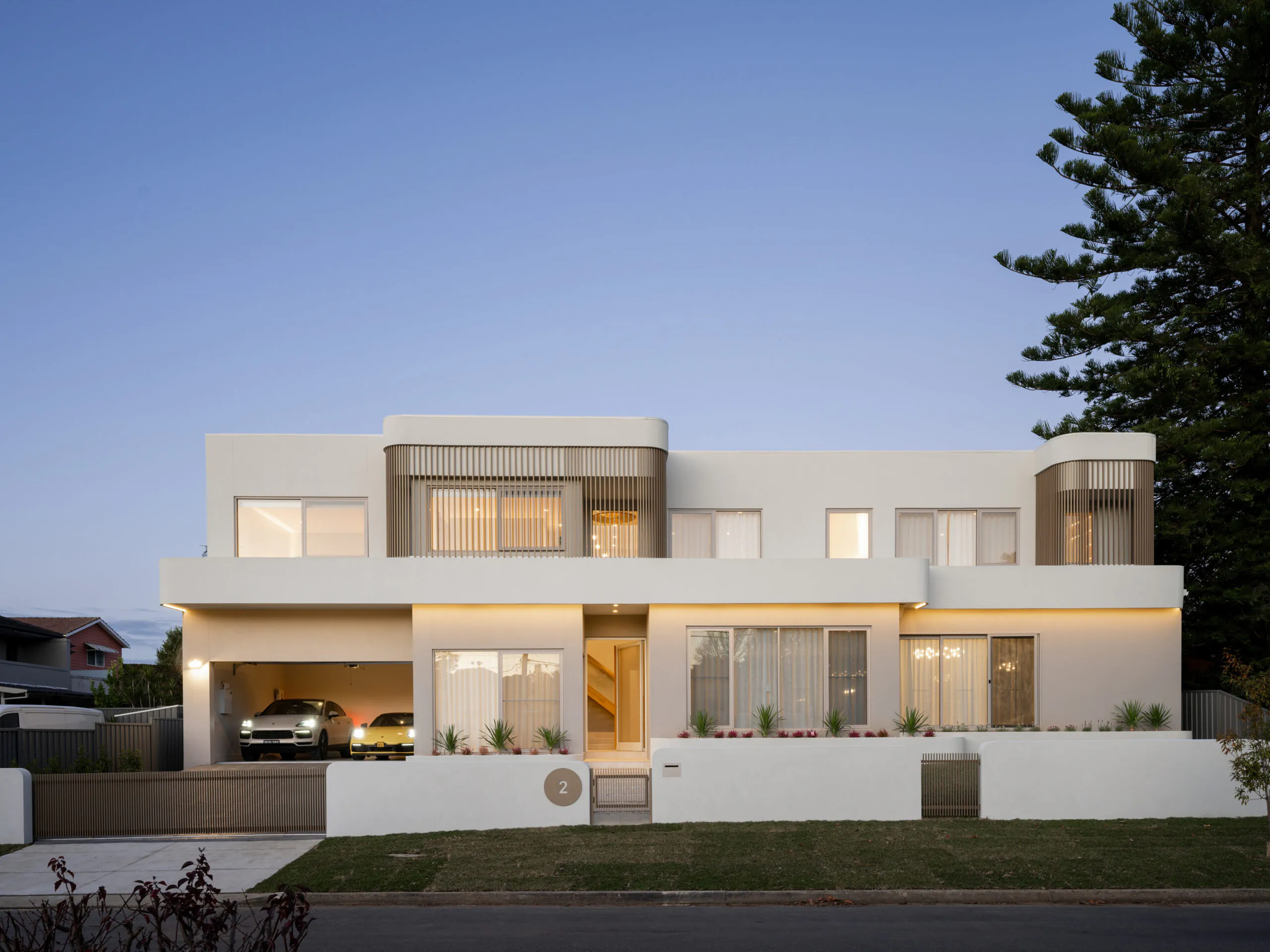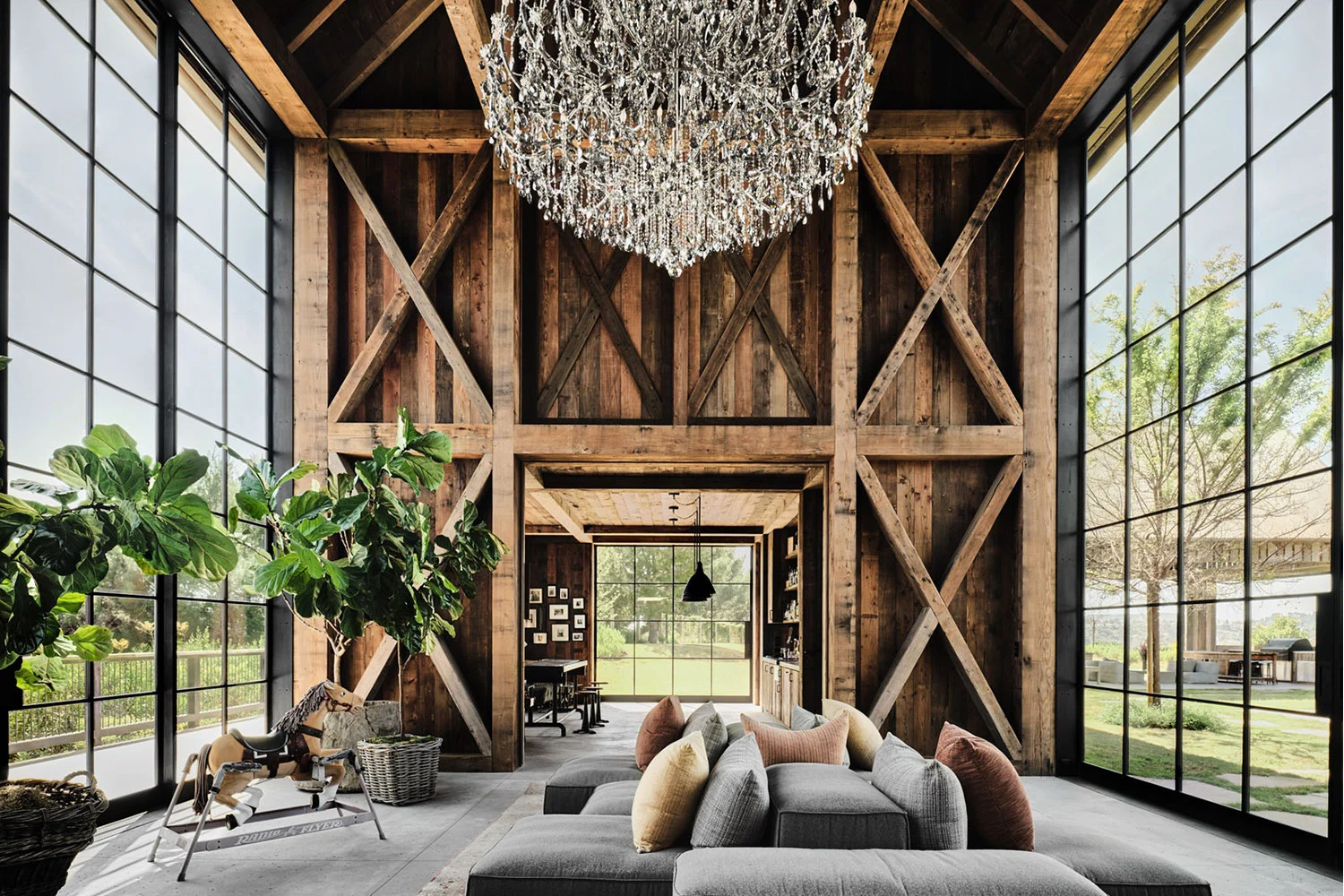Surrey’s Secondary Suite Saga: Inside the City’s Battle Against Illegal Construction
Jul 24, 2025
A Crackdown in Surrey’s Shadows
In Surrey, where affordable housing remains painfully scarce and secondary suites quietly multiply in basements, garages, and backyards, city officials face a perpetual battle against illegal construction.
One property on Townline Diversion—a modest-looking house that would otherwise blend unnoticed into its neighborhood—has become ground zero for this intensifying conflict. Seven fines, multiple violation notices, countless frustrated visits from city inspectors, and yet the construction goes on.
But the case of this single property isn’t just about one homeowner’s disregard for permits—it embodies a citywide dilemma that speaks volumes about Surrey’s affordability crisis, strained bureaucracy, and the blurred lines between necessity, profit, and compliance.
The Townline Diversion Problem—A Case Study in Noncompliance
On paper, the property on Townline Diversion isn’t unique. Like thousands of Surrey homes, it’s a detached residence built in the late 1980s. But since 2022, it’s been the persistent headache for the City of Surrey’s bylaw enforcement team.
Inspectors first arrived in early 2023, responding to a neighbor’s complaint about late-night construction noise. What inspectors discovered would trigger a drawn-out saga:
Unpermitted basement suite construction.
A makeshift secondary suite in the garage.
Plumbing and electrical work performed without permits or inspections.
The homeowner was ordered to stop work immediately. Instead, construction intensified, often occurring overnight to evade enforcement visits.
By early 2024, Surrey had issued multiple fines—seven at last count—totaling thousands of dollars. The homeowner paid each penalty promptly but continued construction anyway, treating fines as nothing more than the cost of doing business.
Frustrated neighbors, concerned about potential safety hazards, continued to demand action. Yet, despite repeated violation notices, the illegal suites neared completion by 2025.
Inside Surrey’s Enforcement Struggle
Surrey’s enforcement approach reflects a city overwhelmed by rapid growth and strained resources. Despite being British Columbia’s fastest-growing municipality, Surrey’s enforcement team remains comparatively small—only a handful of inspectors covering tens of thousands of homes.
“We’re stretched beyond our limits,” explained one inspector anonymously, fearing reprisals from city officials. “By the time we serve a violation notice, they’ve finished construction. Our fines simply aren’t big enough deterrents.”
This sentiment echoes throughout Surrey’s bylaw enforcement community. While Surrey’s official policy emphasizes strict adherence to building codes, budgetary and staffing constraints often mean enforcement is reactive rather than proactive.
The Townline Diversion case exemplifies this challenge. Inspectors have visited the property multiple times monthly, yet every visit reveals new, hastily constructed work—walls erected overnight, unauthorized plumbing installed quickly. The homeowner remains undeterred, betting the fines pale against the potential income from the illegal suites.
Why Illegal Suites Persist—Economics Meets Enforcement
Illegal secondary suites aren’t unique to Surrey. Metro Vancouver faces widespread proliferation, but Surrey is uniquely susceptible due to its housing affordability crisis and growing immigrant population.
Legal secondary suites in Surrey require proper permitting, safety inspections, compliance with electrical and plumbing codes, and adherence to occupancy limits. Homeowners often describe the permitting process as cumbersome, expensive, and bureaucratic—leading many to risk fines rather than follow the law.
Economically, illegal suites represent a financial lifeline:
For homeowners: Additional income from secondary suites—legal or not—can offset mortgage burdens that have ballooned due to soaring house prices.
For renters: Surrey’s rental vacancy rate sits below 1%, leaving few affordable housing alternatives. Illegal suites often represent the only affordable option for low-income families, students, and newcomers.
The homeowner on Townline Diversion—like many others—likely sees violation fines simply as “operating costs,” a financial inconvenience overshadowed by lucrative rental income.
Safety and Liability—The True Cost of Illegal Suites
While illegal secondary suites provide desperately needed housing, they also create serious hazards.
Because the suites avoid permitting and inspection processes, safety issues are rampant:
Unpermitted electrical wiring significantly increases fire risks.
Plumbing violations can lead to flooding, mold, and structural problems.
Fire safety concerns arise due to inadequate exits, fire separation, and alarms.
In 2024 alone, Surrey Fire Services responded to multiple incidents involving illegal suites, several resulting in severe injuries or property damage. Fire inspectors express deep frustration: “We’re called in after tragedies happen, but prevention requires legal, compliant construction—something many homeowners continue to ignore.”
Surrey’s enforcement notices repeatedly highlight these dangers at the Townline Diversion property, citing imminent risk to life and property. Still, the homeowner pushes ahead, leaving neighbors anxiously awaiting potential tragedy.
The Enforcement Gap—Why Fines Fail
Critically, Surrey’s fine structure seems almost designed to fail. Penalties for illegal construction typically range from $500–$2,000 per violation—amounts negligible compared to potential monthly rental income, which in Surrey averages $1,600–$2,500 per suite.
Surrey City Councillor Jane Sandhu publicly acknowledged the inadequacy: “Our fines haven’t kept pace with financial incentives driving illegal suites. We need to overhaul this urgently.”
To effectively discourage noncompliance, enforcement experts argue Surrey’s penalties should dramatically increase, incorporating higher recurring fines or tying penalties directly to property tax bills—making avoidance financially unsustainable.
Surrey’s Political Hesitation—The Cost of Action
Despite widespread acknowledgment of weak enforcement, Surrey’s political leaders have shown hesitation to implement drastic measures.
The reason? Voter backlash. Secondary suites, though controversial, remain quietly popular among many homeowners who rely on extra income. Aggressive enforcement risks alienating large portions of the electorate—a political risk few politicians willingly embrace.
Yet this inaction perpetuates Surrey’s illegal suite epidemic. Townline Diversion may be an extreme example, but similar scenarios quietly play out in neighborhoods citywide, with inspectors forced into an endless cycle of violation notices, fines, and ignored enforcement orders.
Residents Speak—Frustration and Fear
Neighbors of the Townline Diversion property describe frustration reaching a boiling point. Noise, unauthorized construction trucks blocking driveways, and legitimate concerns over fire safety leave residents feeling helpless.
“The city promises action, but nothing happens,” said one long-term resident. “We’re prisoners to someone who ignores every rule, knowing there’s no meaningful penalty.”
Surrey homeowner associations have demanded tougher action. Community groups propose increasing fines, mandatory property liens, or even criminalizing persistent violators. Yet these proposals meet political silence, leaving residents deeply disillusioned.
Surrey’s Permit Problem—Bureaucracy Blocking Compliance
Ironically, Surrey’s own bureaucratic inefficiencies encourage homeowners to avoid legal channels. The permitting process remains notoriously cumbersome, taking months—even years—for approval.
Homeowners attempting legal compliance frequently describe frustrating delays, unclear guidelines, and contradictory advice from city departments. Rather than navigate this maze, many choose illegal construction, seeing fines as preferable to endless red tape.
City staff privately acknowledge this problem. An internal 2024 Surrey memo conceded: “Our permitting backlog directly incentivizes illegal construction. Unless we streamline approvals, noncompliance will persist.”
Solutions Elsewhere—What Surrey Could Learn
Other jurisdictions have tackled illegal suite proliferation with creative solutions Surrey could emulate:
Burnaby: Dramatically streamlined permitting, reducing approval timelines significantly, leading to increased compliance.
Vancouver: Aggressive enforcement including higher fines, property liens, and court injunctions to compel compliance.
New Westminster: Successful amnesty programs encouraging homeowners to register existing illegal suites without penalty.
Yet Surrey has been slow to adopt these measures, leaving the illegal suite epidemic entrenched.
Future Outlook—Will Surrey Act?
The Townline Diversion saga reveals Surrey’s deeper dilemma: balancing affordability, compliance, safety, and enforcement remains politically and bureaucratically fraught.
Until Surrey finds courage to tackle its permitting inefficiencies and strengthen enforcement penalties, cases like Townline Diversion will remain common rather than exceptional.
In the meantime, neighbors wait anxiously, inspectors remain frustrated, and Surrey’s illegal suite epidemic quietly continues—another painful symptom of a housing crisis still spinning beyond control.
























